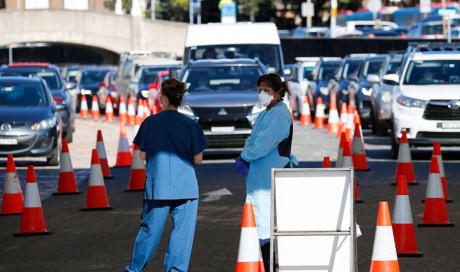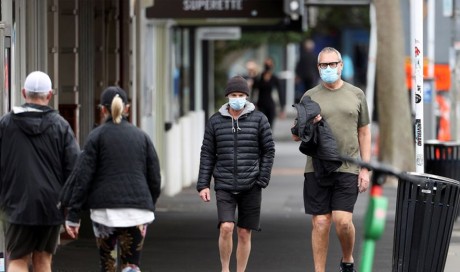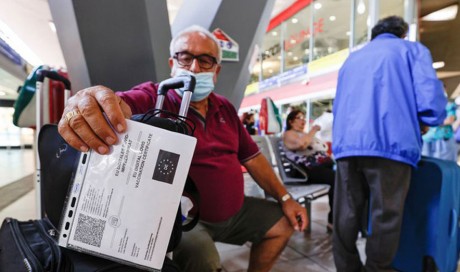Ryanair has cancelled many hundreds of flights over the past two weeks, and that number will soon run into the thousands. The airline has scrambled explain the cancellations, and these explanations grow more colourful each day. A new regulation on pilot flight time limitations? French air traffic control? Bad weather in Italy? Pilots “on holiday” or my own favourite: to “improve the operational resilience of our schedules and restore punctuality.”
I was a captain for Ryanair from 2006 to 2014, and these cancelled fights do not surprise me. What I witnessed in those eight years left me shaking my head, and the current estimate that over 700 Ryanair pilots have quit the airline in the last financial year does not surprise me either.
But there’s an underlying problem at Ryanair, which is quite simply that the company cannot replace pilots as fast as they quit. The head of the company, Michael O’Leary, openly insults his pilots, and has consistently maintained a policy of heading off any attempt to achieve a collectively bargained contract. Ryanair’s strategy of control is based on very old divide-and-conquer tactics, keeping contracts and even methods of employment diverse among personnel in the same job. Ryanair’s pilots are spread out over more than 80 bases from Lithuania to Morocco and from Cyprus to Shannon, another impediment to cohesion.
Meanwhile, the fatigue of flying for Ryanair is quite real. When I was there, I was regularly sent out of my base to fly on my days off, and without pay – to distant Ryanair bases which had a staffing shortage. I would take connecting flights and sometimes overnight layovers to arrive (hotel paid by me, and not reimbursed). Once there, I would report for duty, fly a heavy flight schedule for five consecutive days, then face the arduous journey back to my home base. If it was summer, I’d usually have only three days back at home before embarking on another such trip. It was a soul-destroying experience.
Some of Ryanair’s pilots are employees of the company, on Irish contracts; but most are not. The airline uses a clever scheme to mask most of its pilots as “independent service providers,
”. These “contractors” wear the same uniform, have the same company ID, and fly the same general schedule as employee pilots do, but are employees of no one. They sign contracts with one of just a few agencies supplying pilot services exclusively to Ryanair, and these contracts are written as take-it-or-leave-it offers, subject to no bargaining of any kind.
Employee pilots have somewhat better working conditions than contractors, and they have a small pension scheme; but they are far behind even their peers at easyJet (unionised), to say nothing of pilots at legacy airlines like Lufthansa and KLM/Air France. People have trouble believing it, but it’s absolutely true: no pilot or other staff member at Ryanair is entitled to even a free bottle of water while working. If you want it, you buy it.
Hordes of pilots quit Ryanair while they are still young, accepting offers in the United Arab Emirates or China, or staying in Europe if they are lucky. I myself went to China, where I regularly receive calls from old Ryanair colleagues asking me how to apply.
To keep a reliable inflow of pilots, Ryanair has in place a sophisticated “cadet programme”, where it takes new pilots who have passed all their theory exams and have just a couple of hundred hours’ experience in simulators and light aircraft. At their own expense, they are quickly trained to be Boeing 737 co-pilots. In four years’ time, they will upgrade to captain or their contract will not renew. While this programme offers a bright future to many young people wishing to jump-start a flying career, the brightness of that future is dimming now, as other airlines in Europe are forced by competitive realities to emulate Ryanair’s employment terms.
What might we hope will come from this crisis at Ryanair, leaving as it will hundreds of thousands of travellers stranded all over Europe? I remain hopeful that in crisis there is opportunity, and that there will be an opportunity here for Ryanair pilots to be heard. I hope that they will finally achieve what they deserve: a collectively bargained work agreement which affords a better life for them, and helps the airline by stemming their attrition.
• James Atkinson is a former captain at Ryanair and is now a pilot in China
Share This Post












